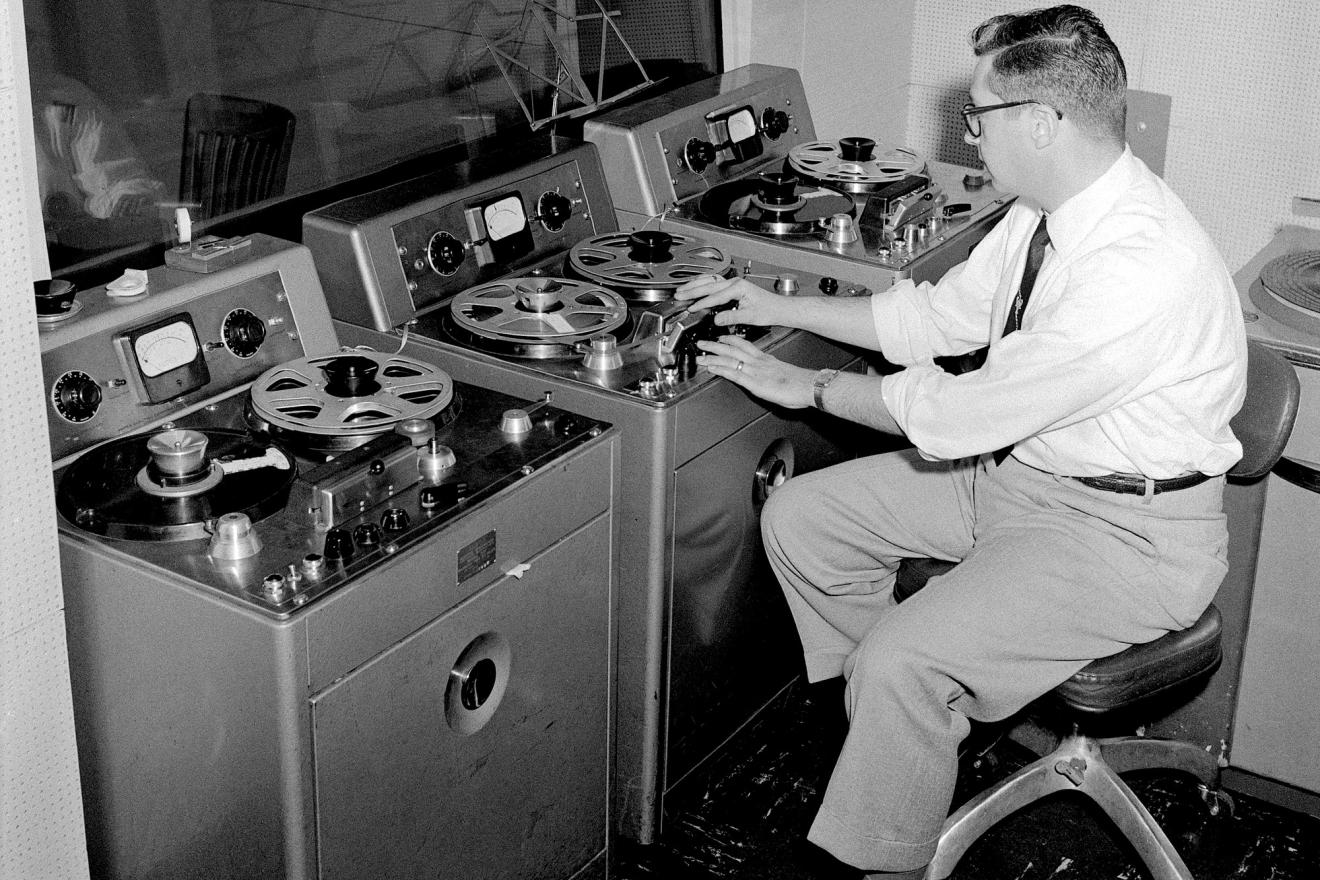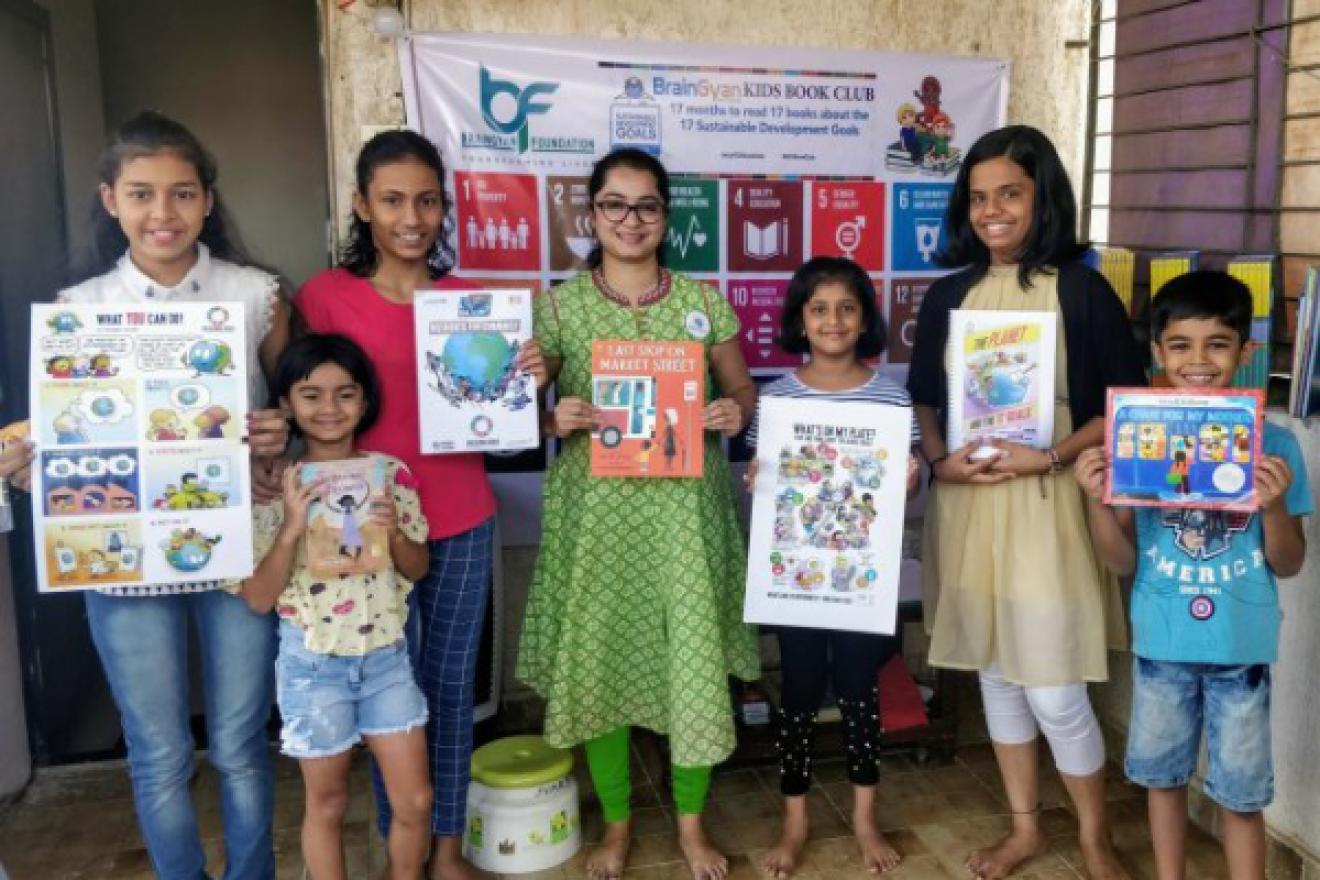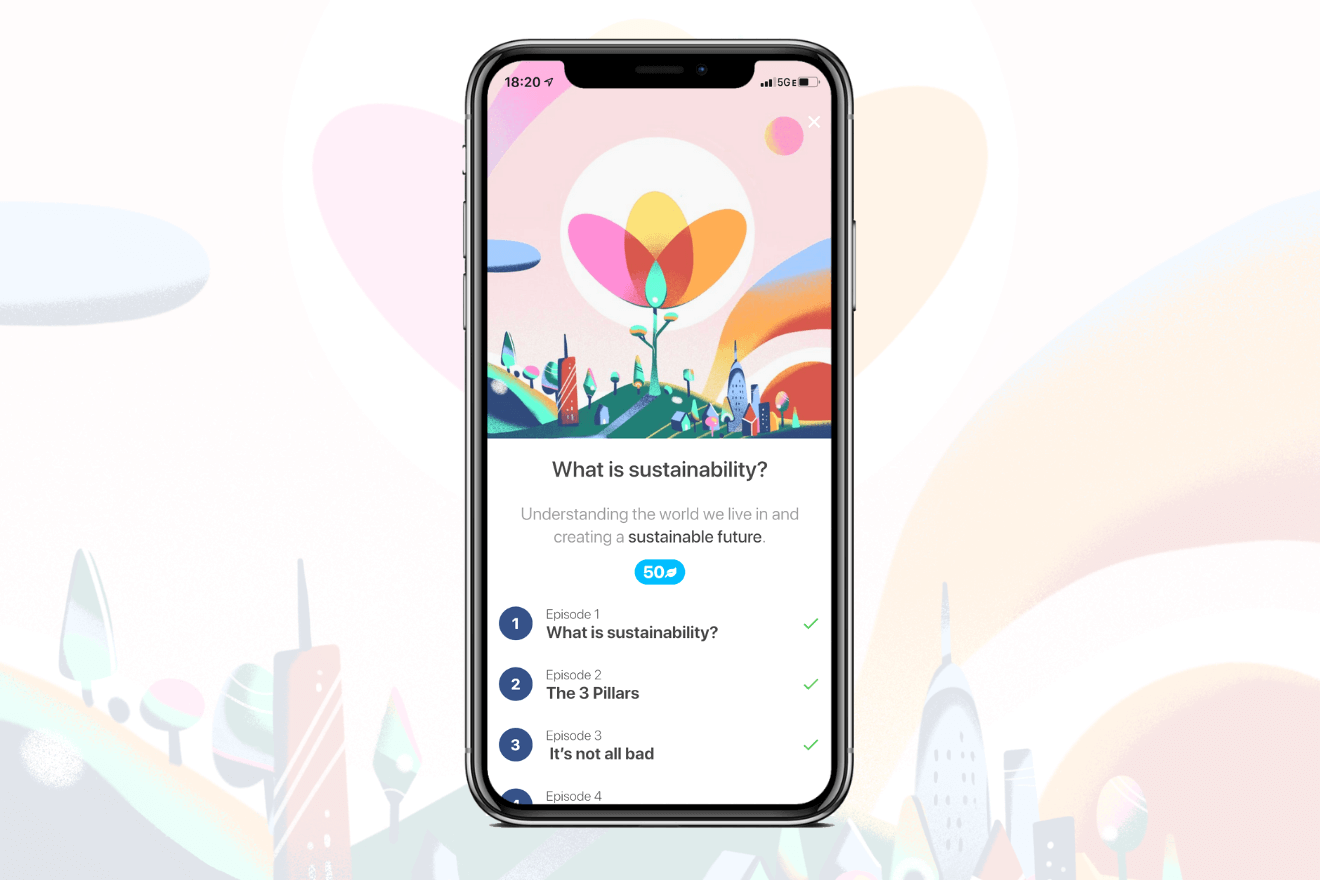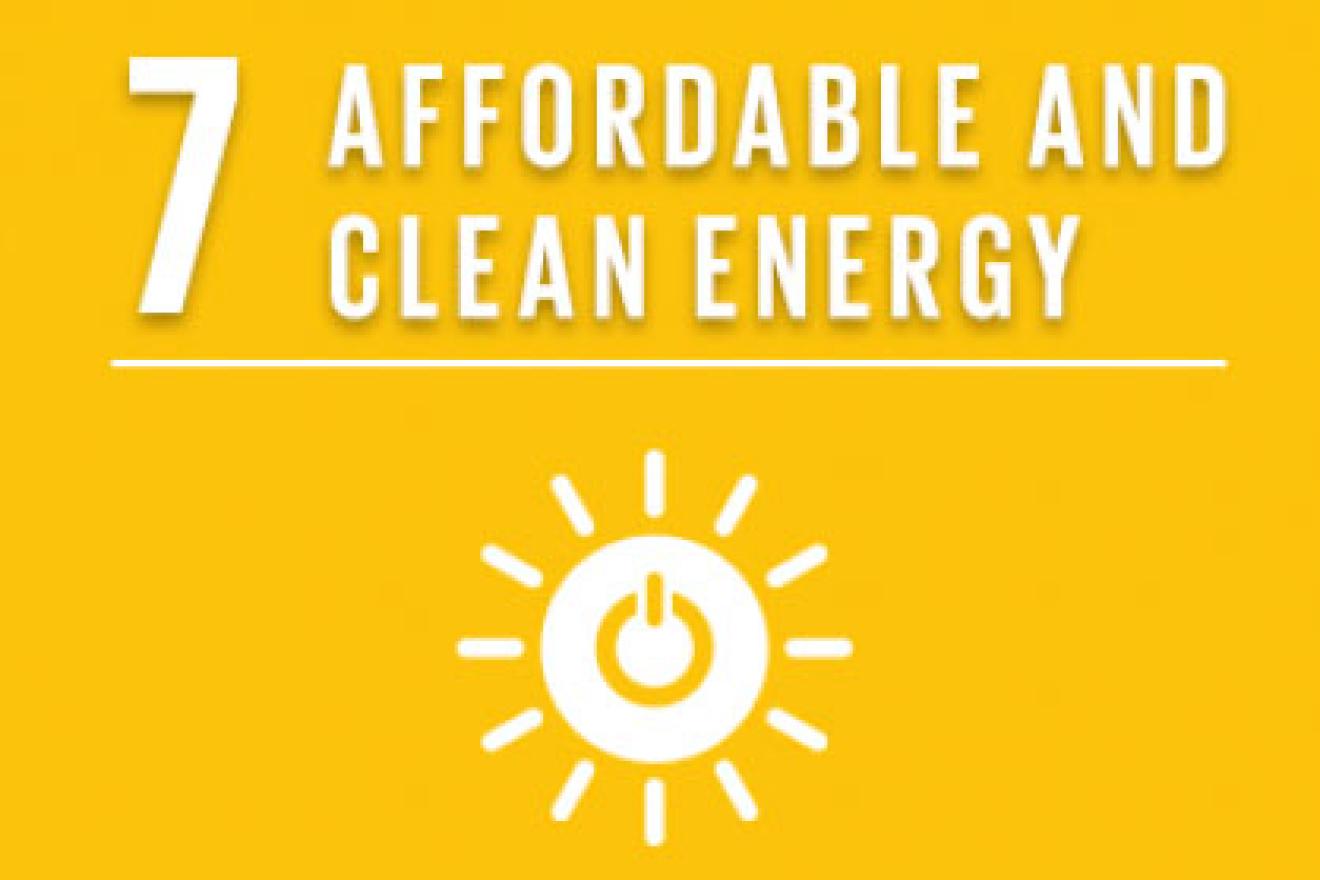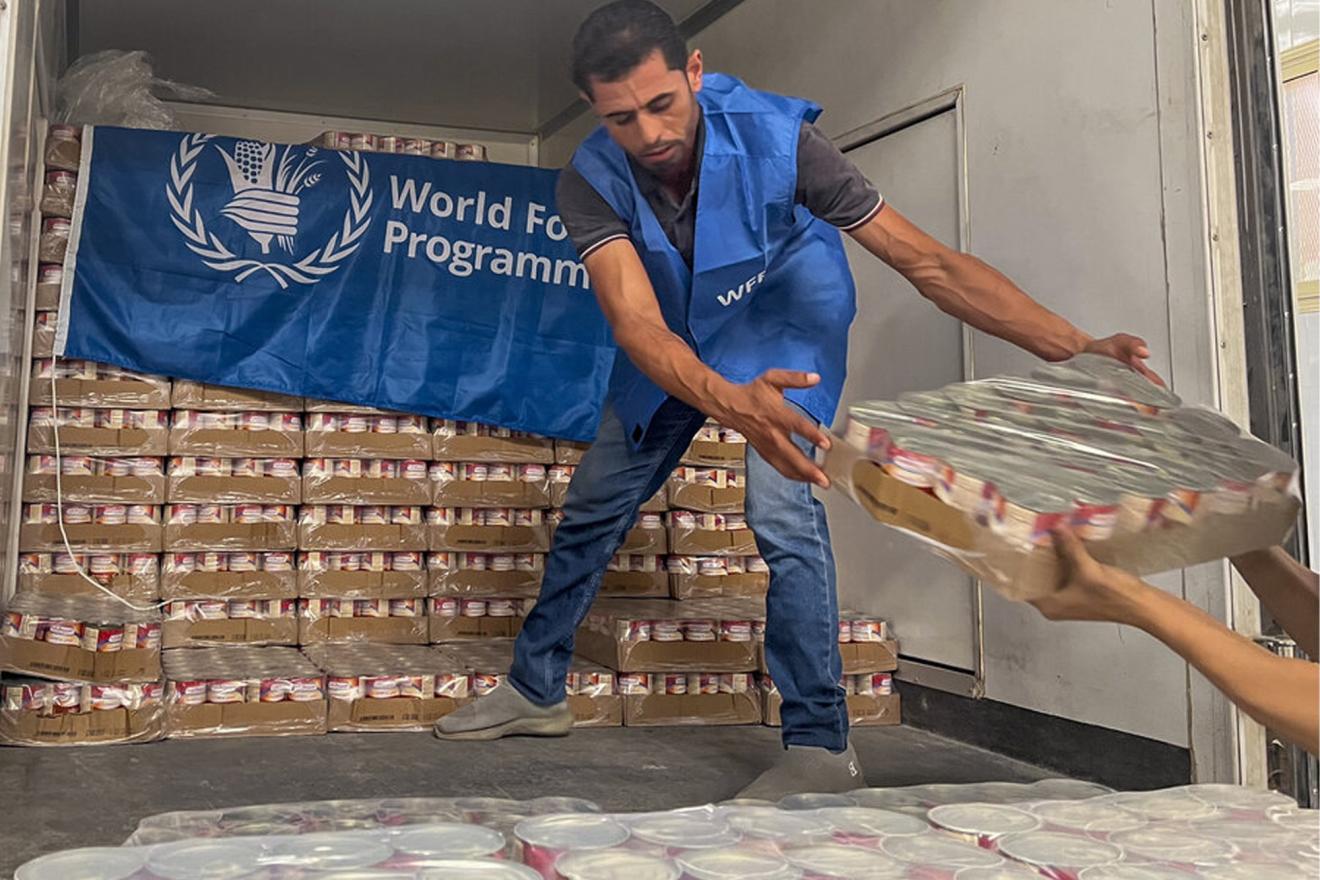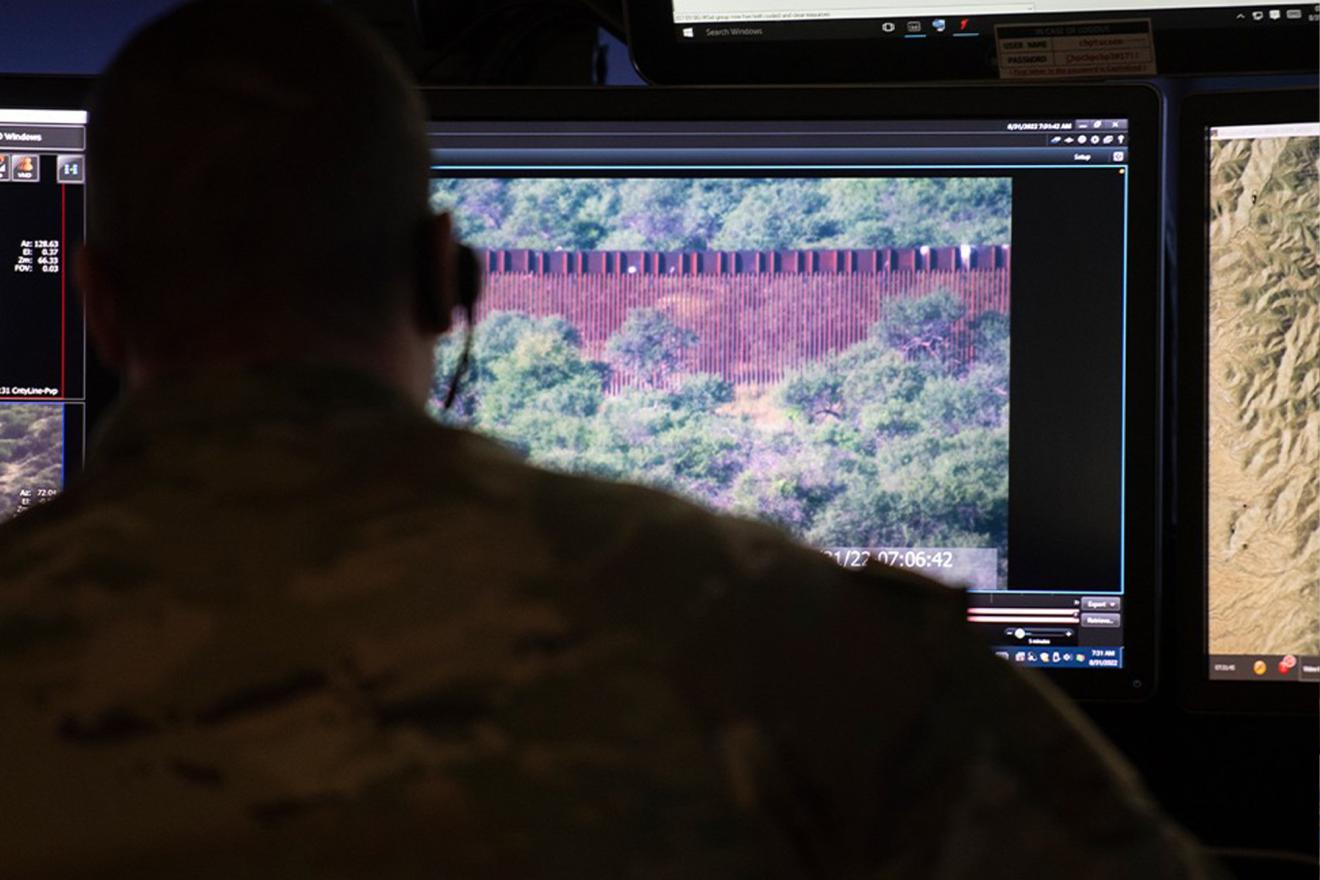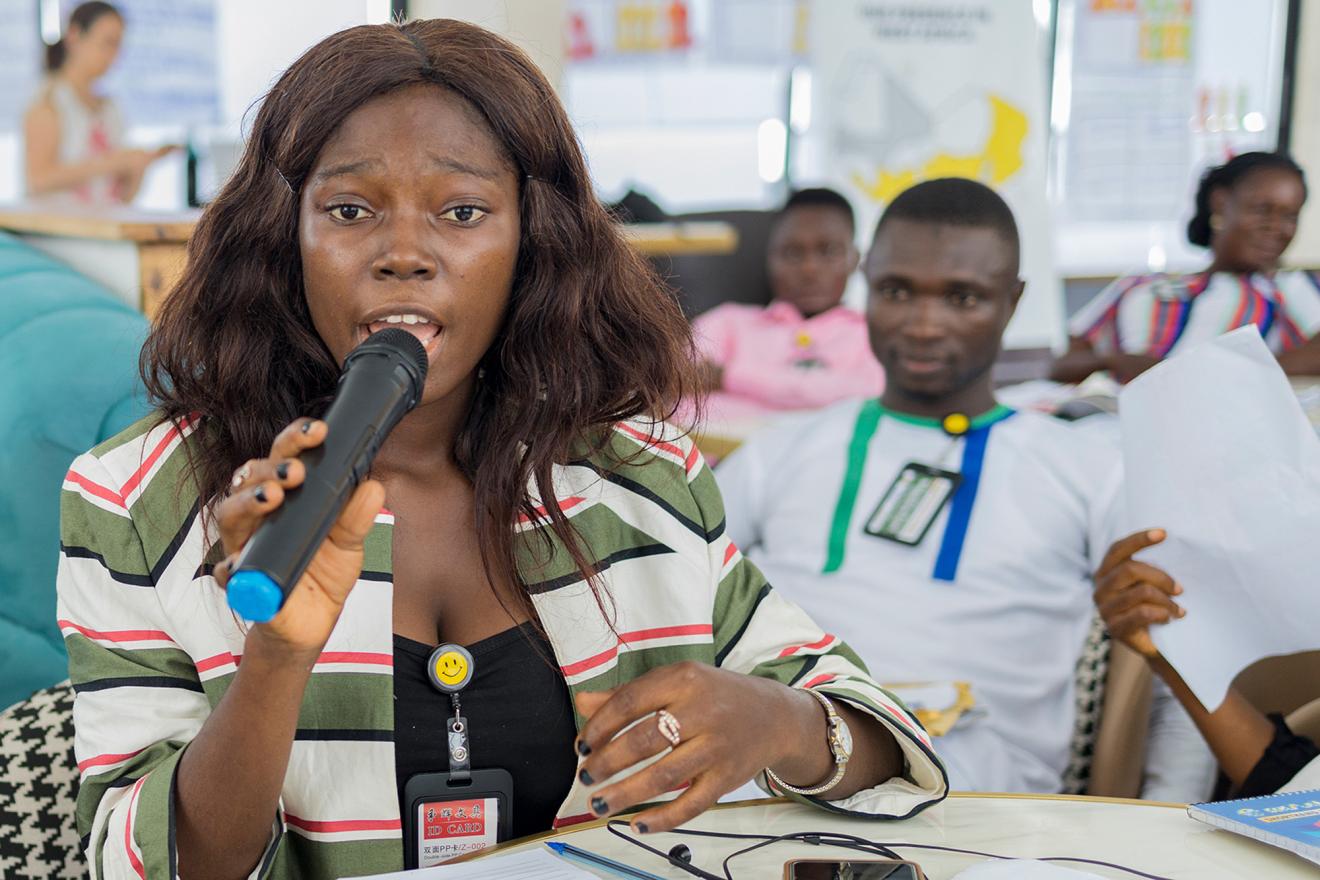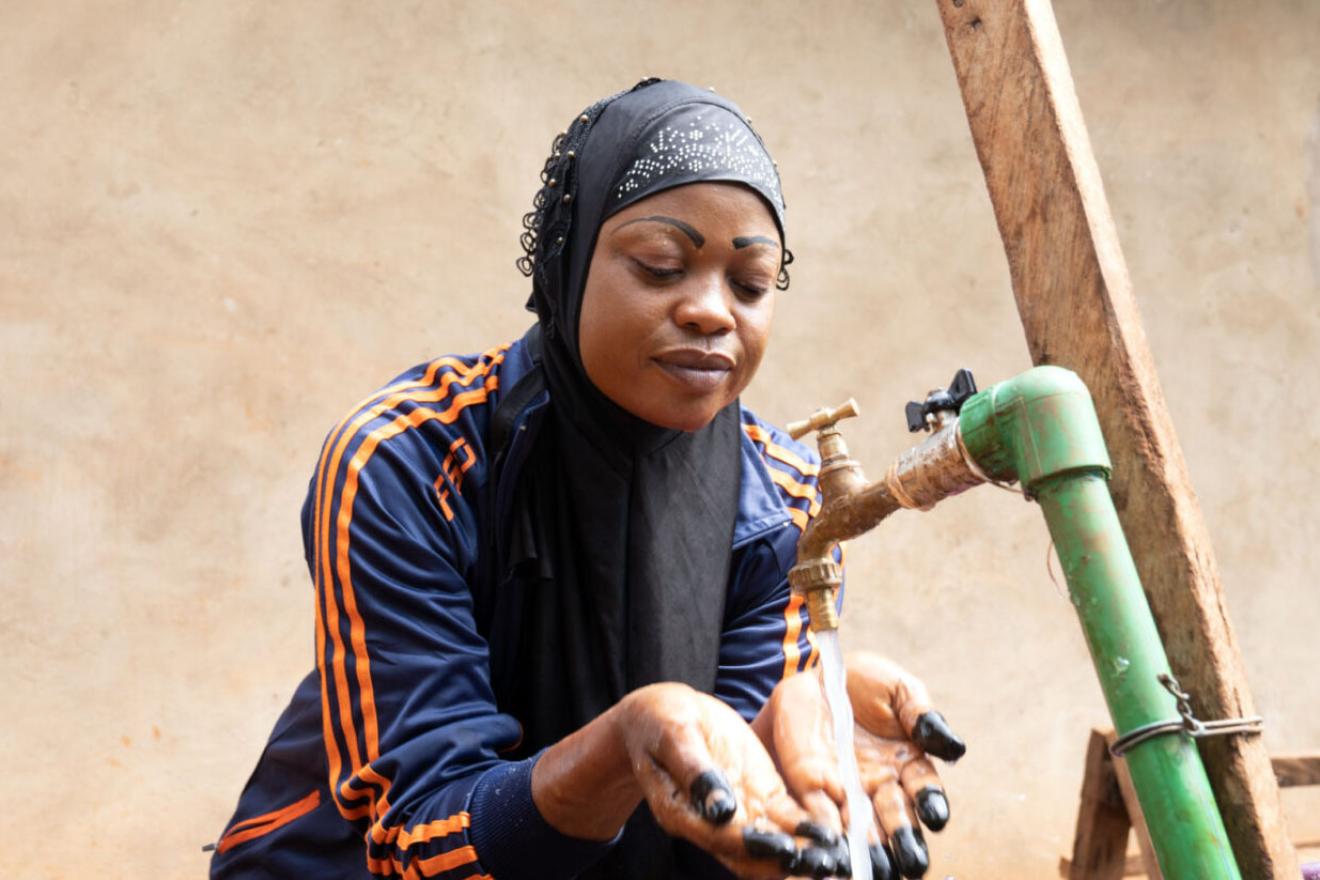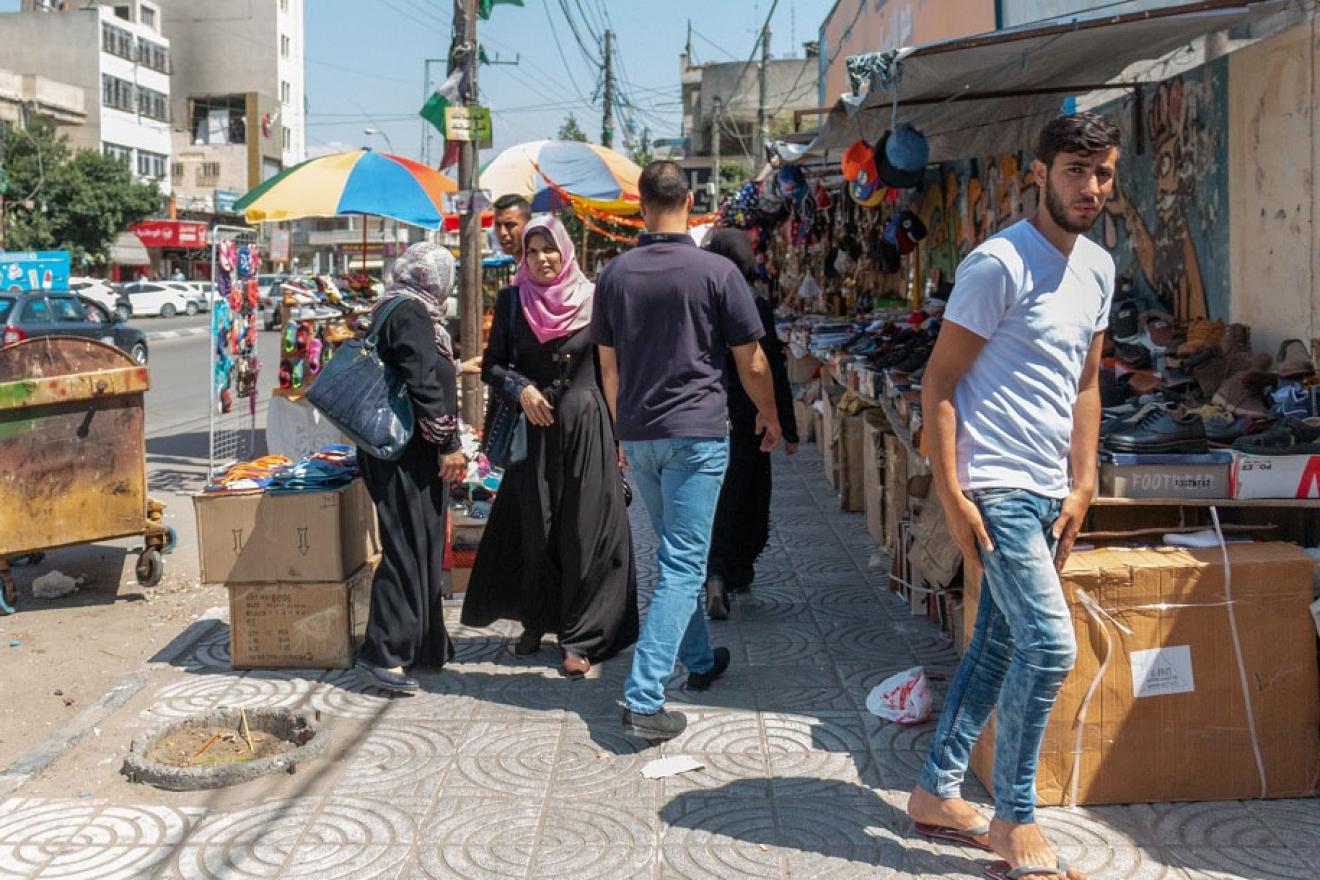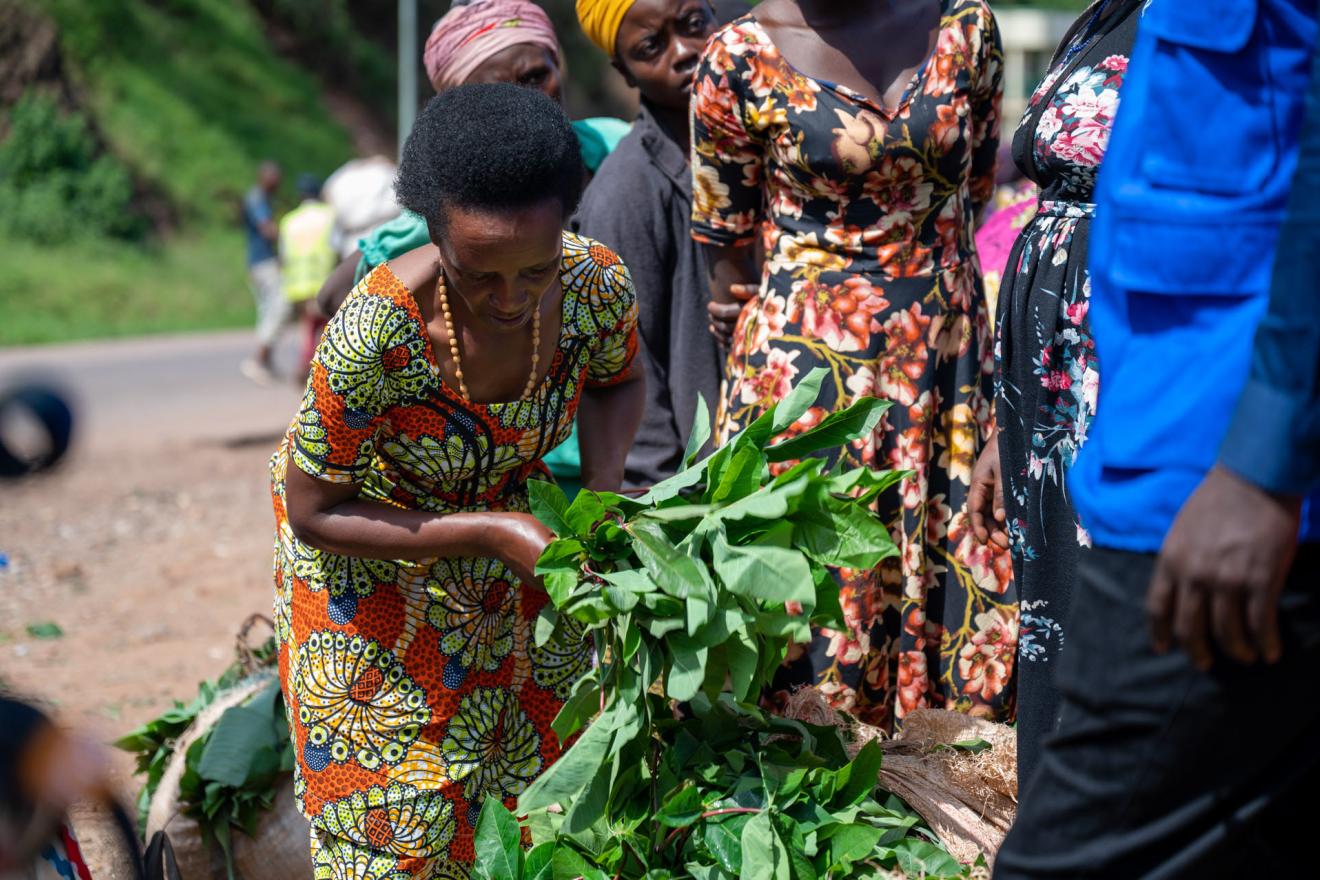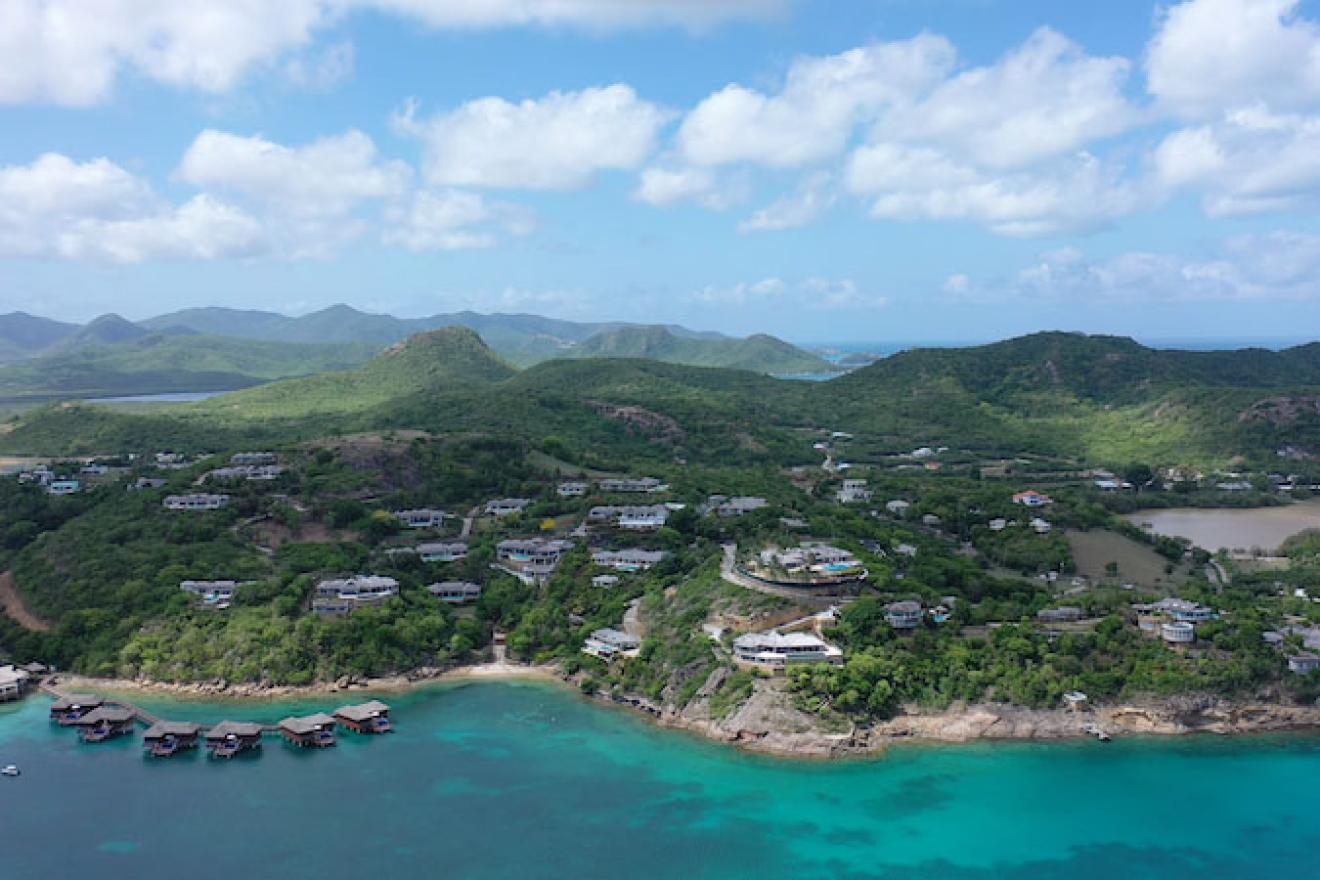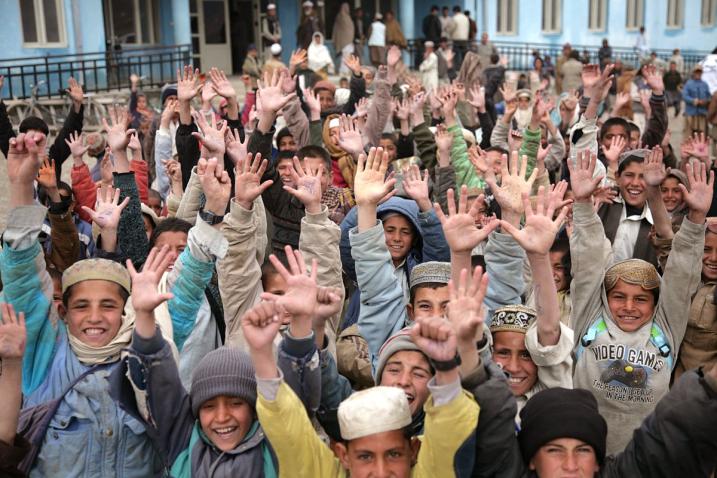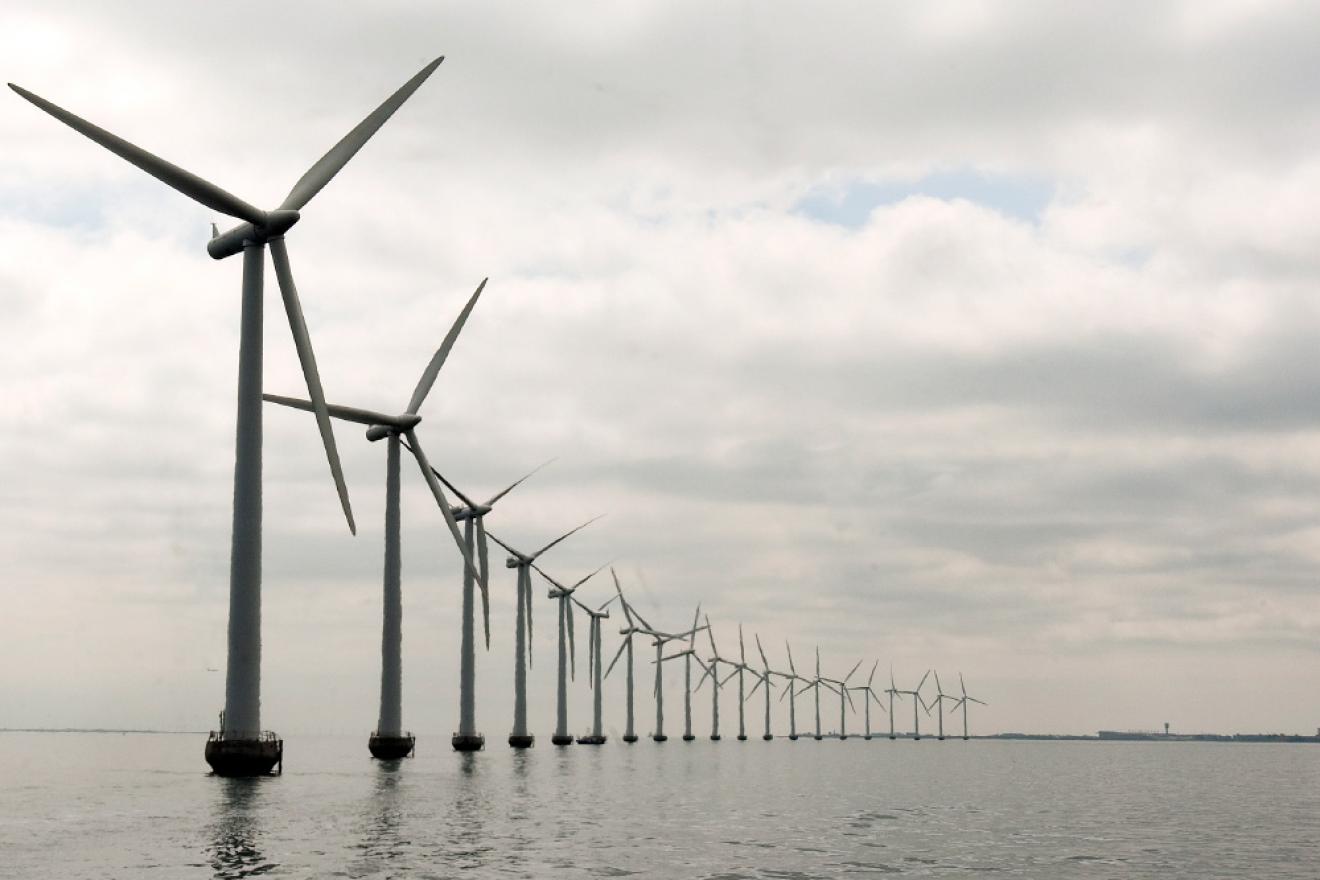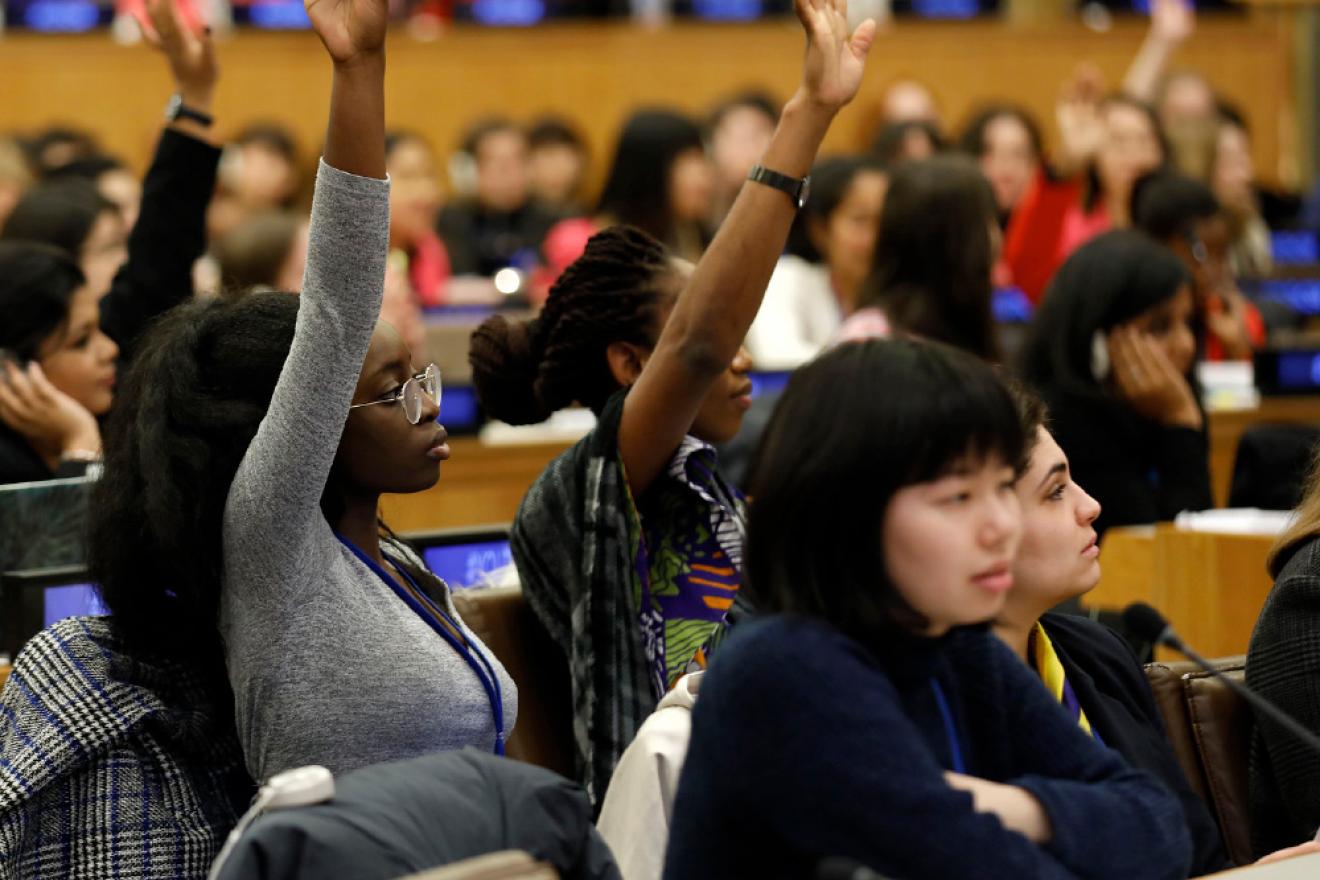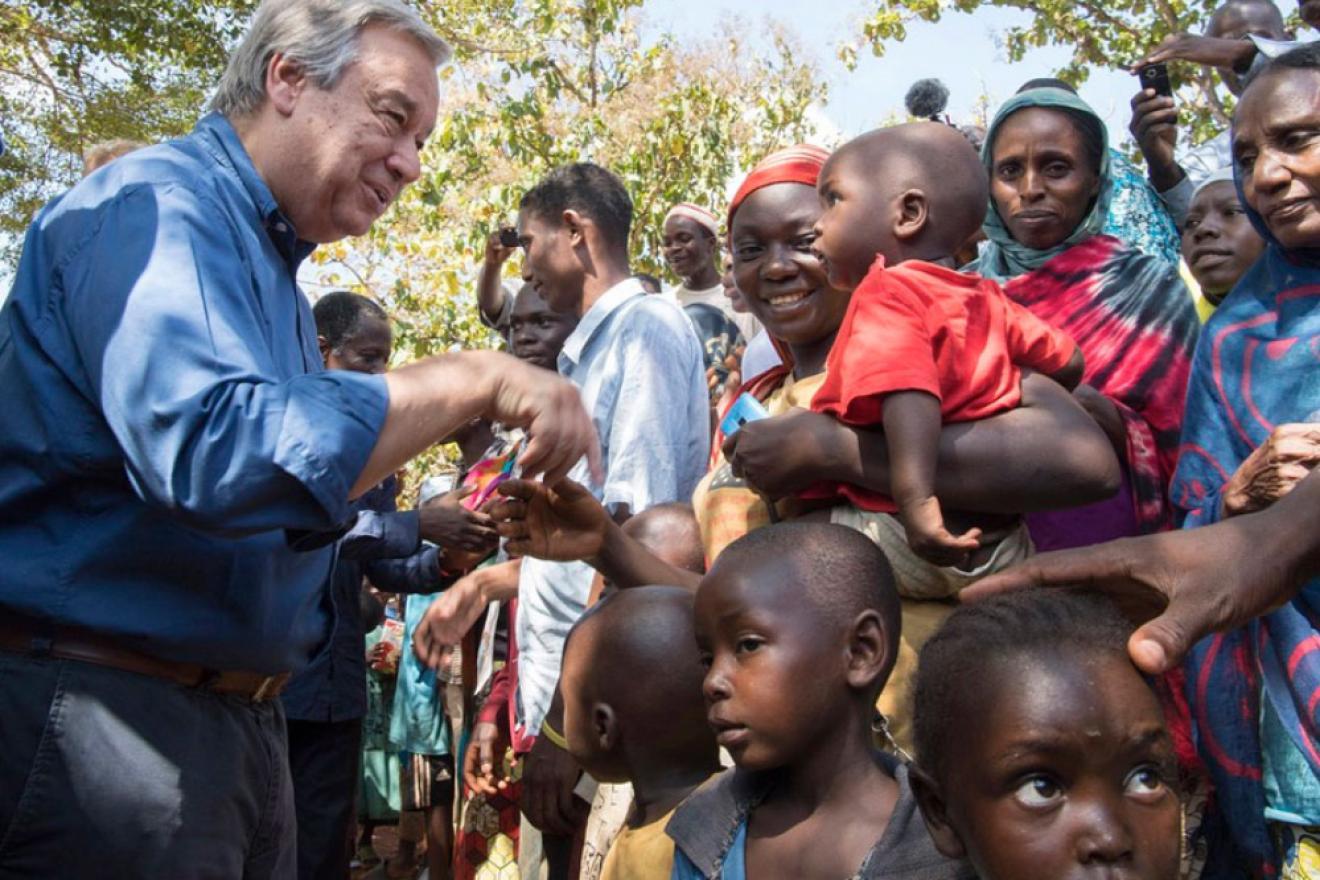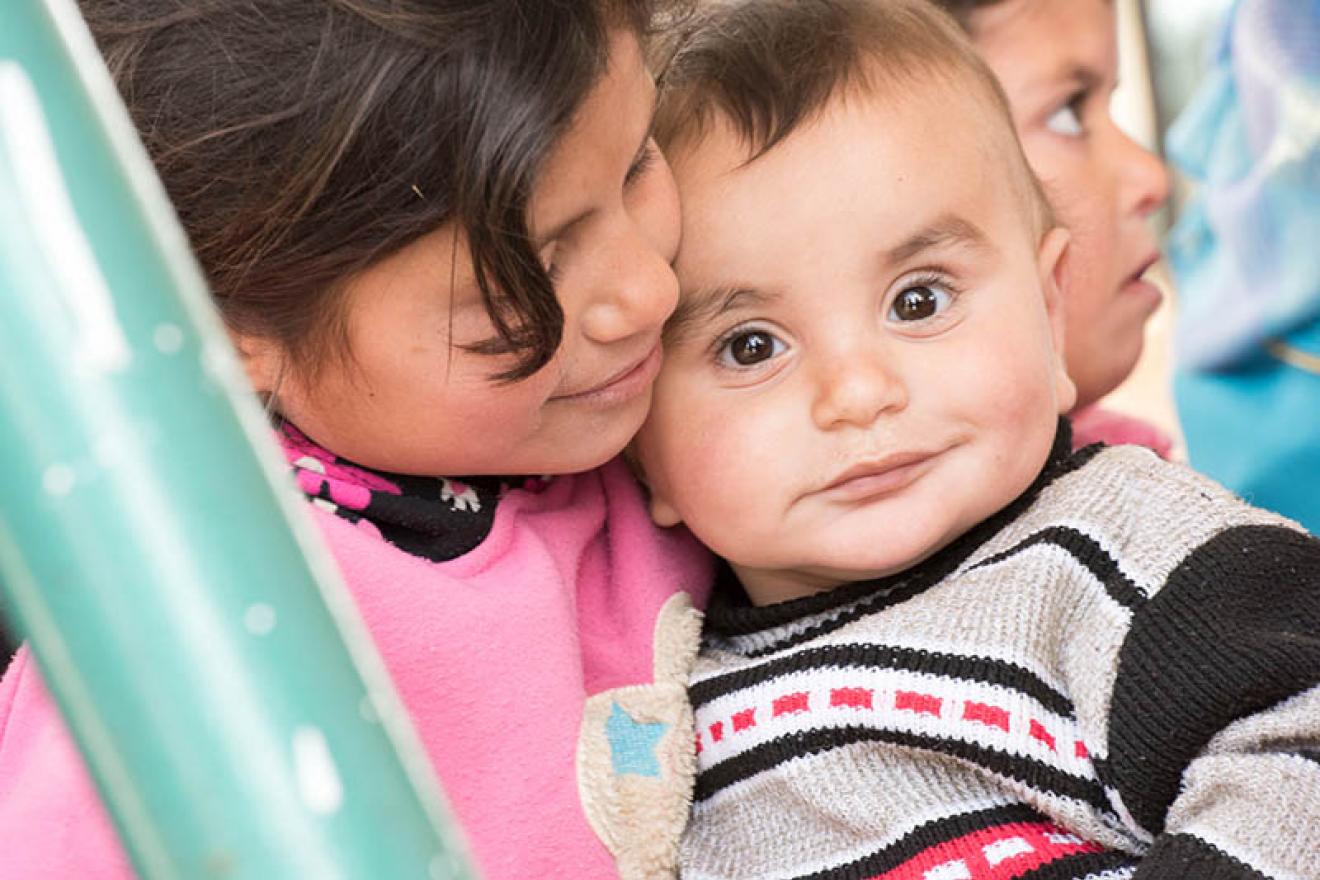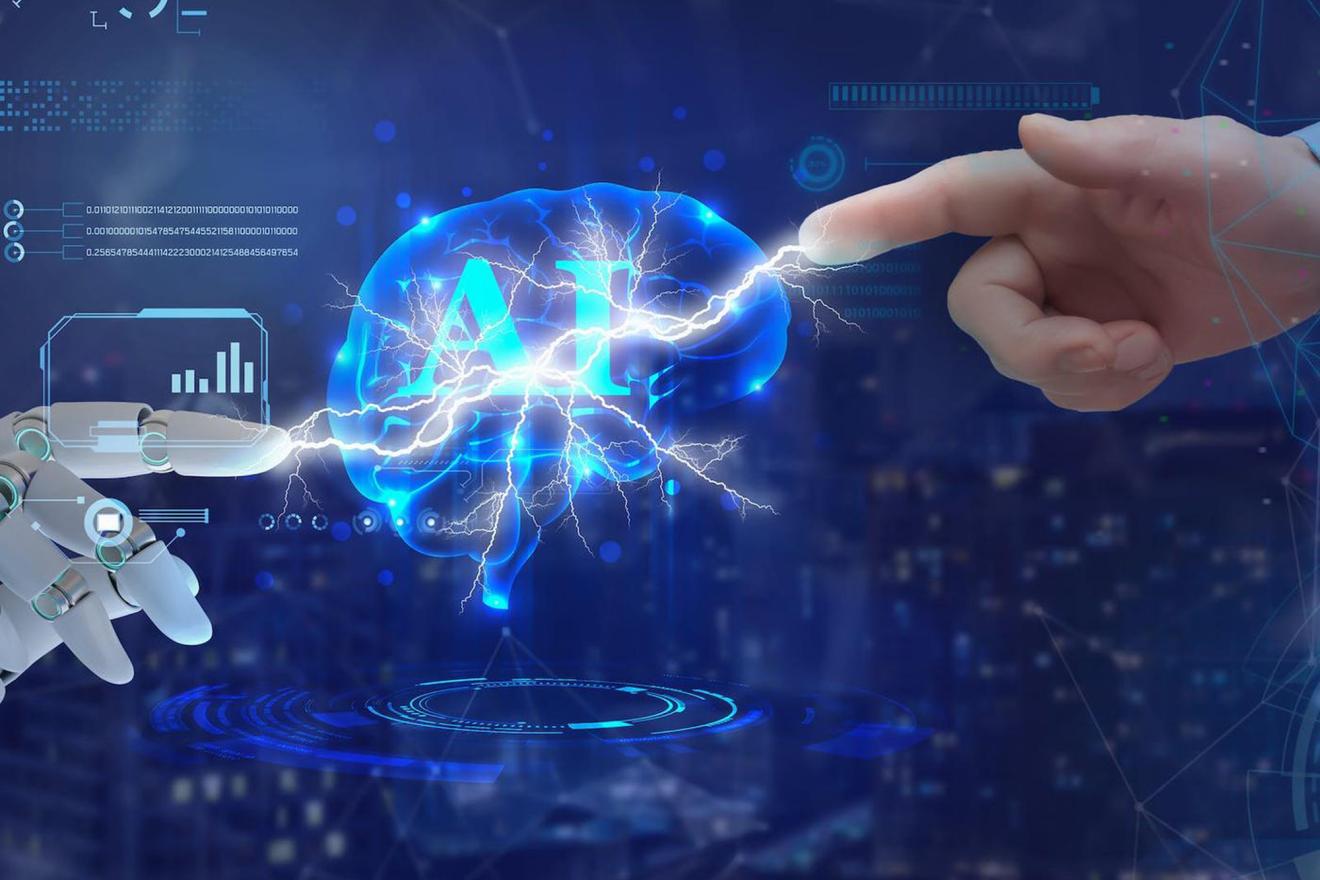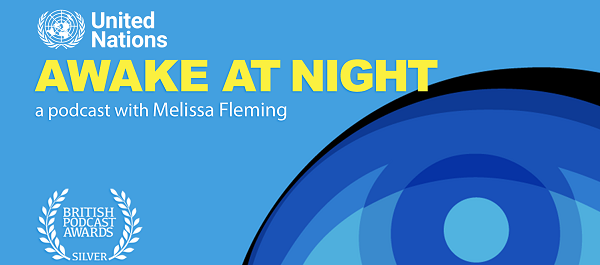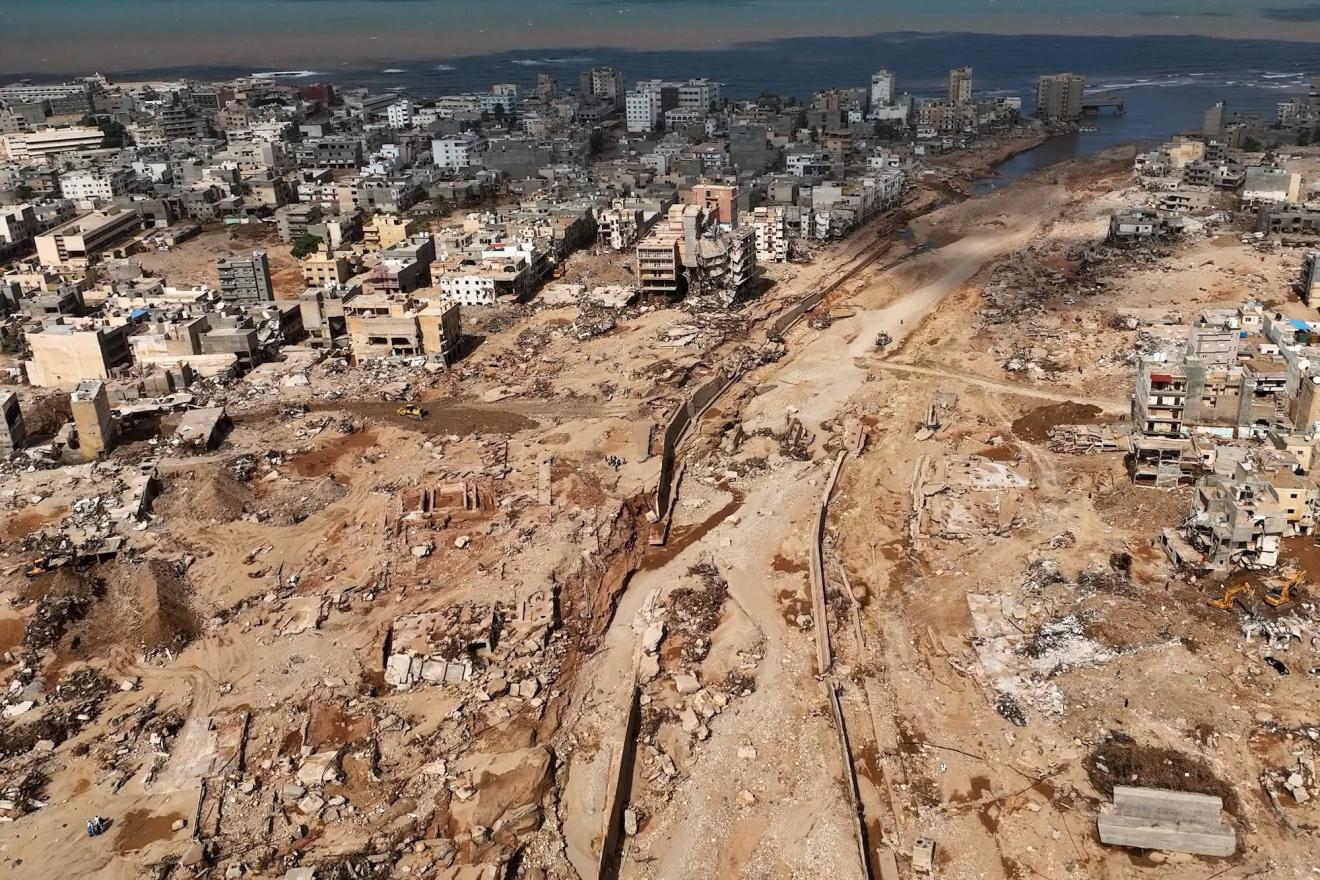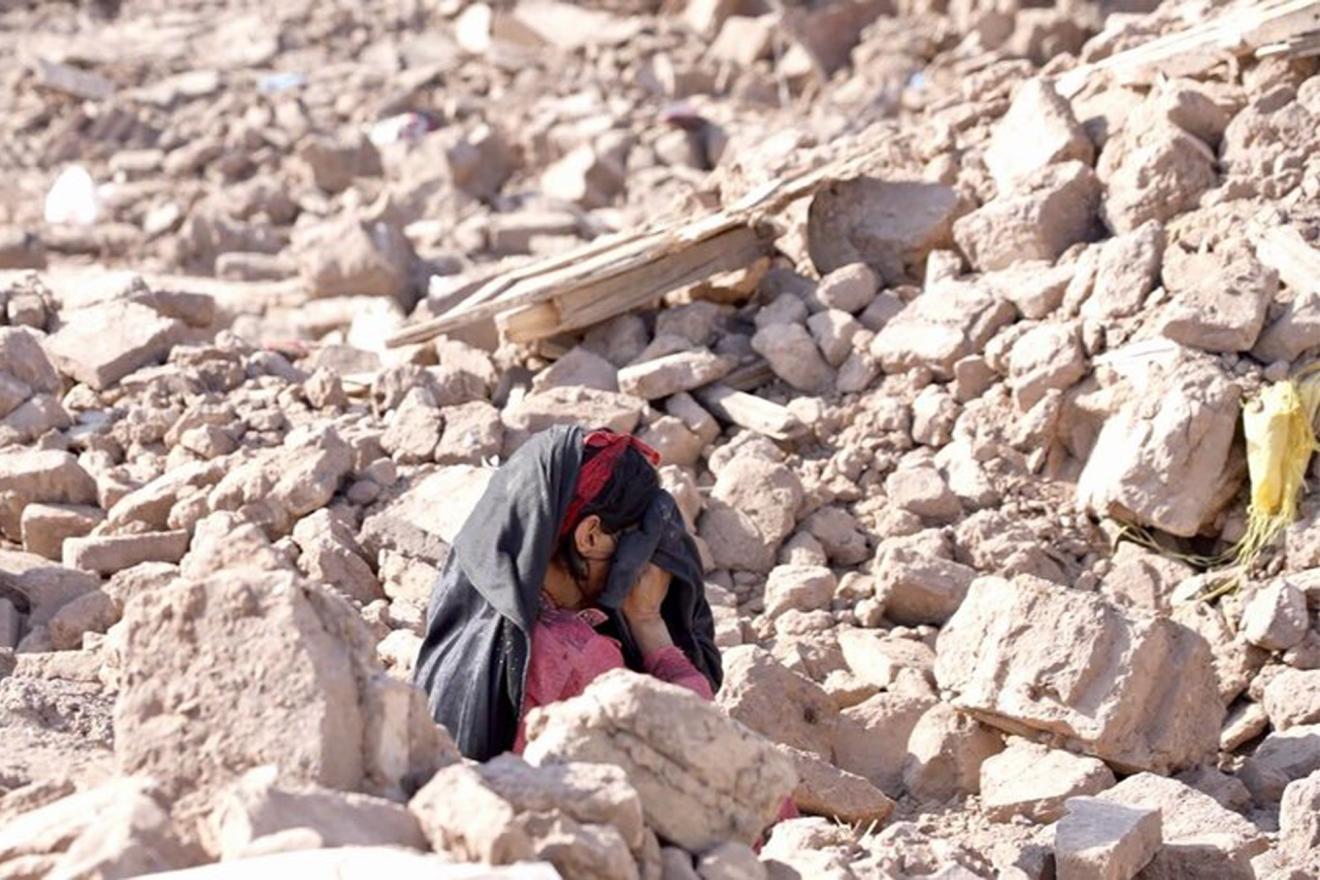Learn more about the Sustainable Development Goals! On our student resources page you will find plenty of materials for young people and adults alike. Share with your family and friends to help achieve a better world for all.
Audiovisual archives: a priceless heritage that enriches our collective memories
Audiovisual archives represent not only the past images and sounds of our shared experiences, but also serve as a valuable source of cultural, social, and linguistic diversity. Conserving this heritage and ensuring it remains accessible to the public is a vital goal for all memory institutions and the public. On the World Day for Audiovisual Heritage (27 October), UNESCO highlights the theme "Your Window to the World," emphasizing that audiovisual heritage allows us to witness events beyond our own experiences, listen to the voices of the past, and create narratives that inform and entertain.

UN General Assembly adopts Gaza resolution calling for immediate and sustained ‘humanitarian truce’
26 October 2023 — The United Nations General Assembly on Friday adopted a resolution calling for an “immediate, durable and sustained humanitarian truce” between Israeli forces and Hamas militants...
Gaza: Testimonies highlight grim plight of civilians expecting to die
27 October 2023 — The UN’s top human rights official issued a new appeal on Friday for an end to the Israel-Palestine crisis and the release of all hostages, amid rising civilian deaths and...
Israel-Palestine: Gazans ‘left with nothing but impossible choices’
26 October 2023 — Day 19 of the Gaza conflict comes on the heels of the deadliest 24 hours so far amid hospitals shutting down, while UN humanitarians reiterated urgent calls on Thursday for all...

